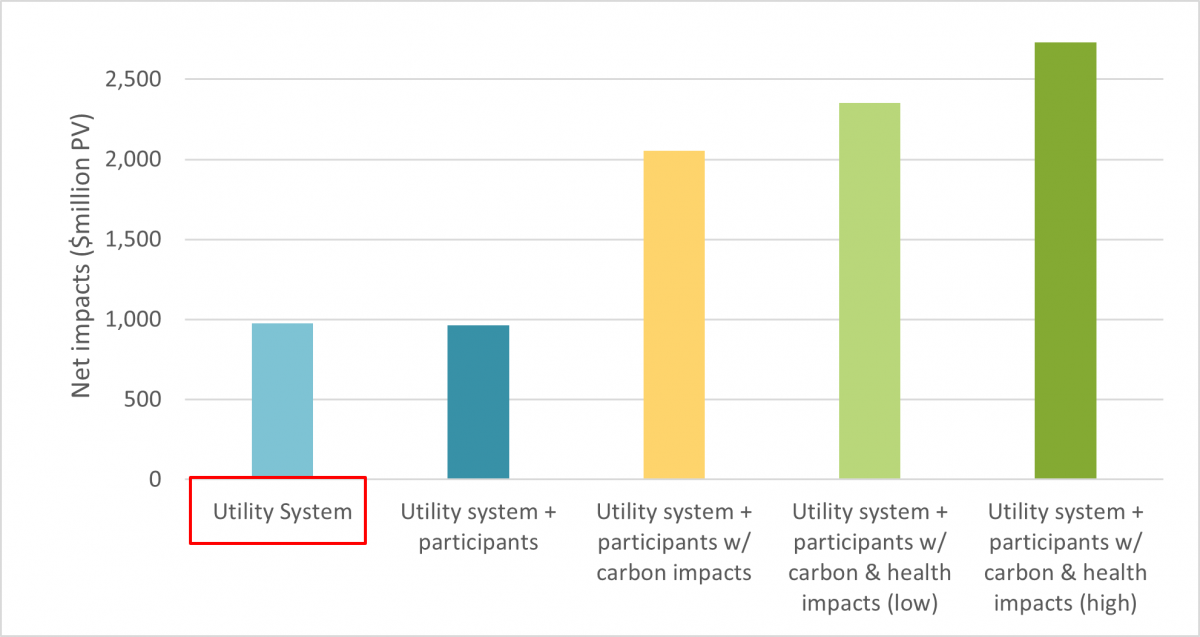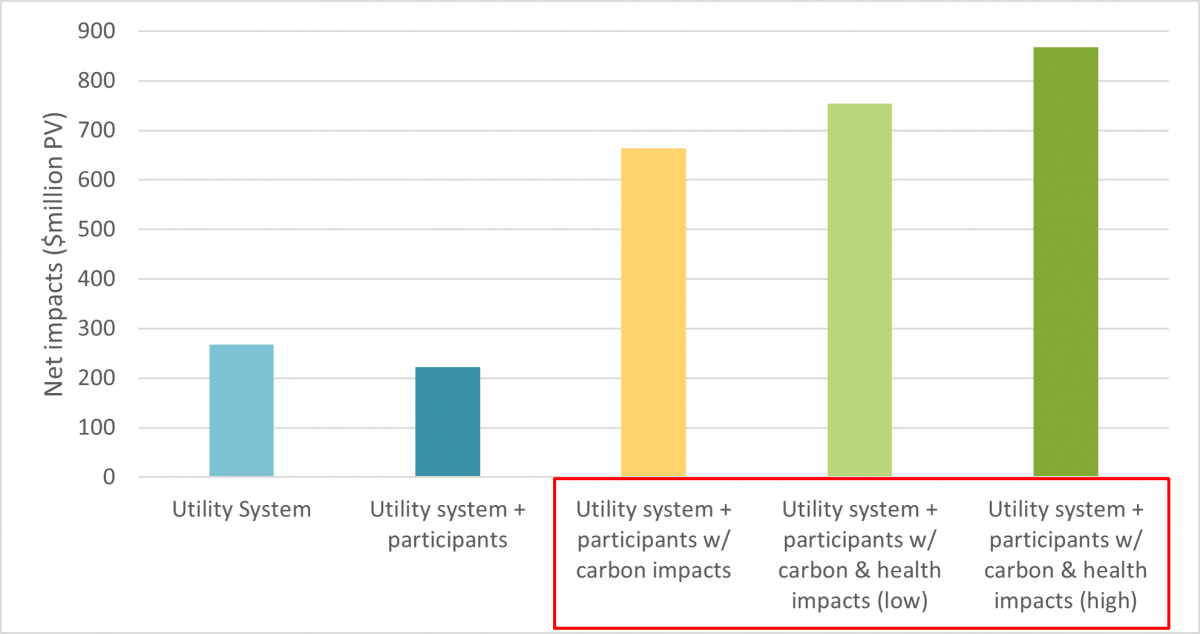America’s Midwest Is Missing Out on Major Energy Efficiency Benefits
In recent years, several Midwestern states have adopted or proposed policies with negative impacts on state energy efficiency programs. Through regulatory orders and legislative actions, some states are restricting energy efficiency programs by:
- Repealing efficiency standards or targets,
- Limiting program funding,
- Exempting large business customers from efficiency standards, or
- Failing to adopt progressive energy efficiency policies.
As a result of these efforts, many Midwestern states aren’t enjoying the full benefits available from effective energy efficiency programs. These benefits include energy bill savings, reduced emissions of greenhouse gases and healthcare-related costs, and new job opportunities.
We recently looked at the net impact of proposed or adopted policies in several states. Here are a few highlights.
Increased Utility Costs in Ohio
Ohio recently repealed its Energy Efficiency Resource Standard, effectively allowing utilities to discontinue crucial energy efficiency programs. Our analysis found this repeal will increase utility system costs over the next several years by nearly $1 billion from not implementing energy efficiency programs in just a single year (see below). Naturally, these higher utility costs will translate to higher energy bills for consumers.
Net Benefits Lost From Repealing the EERS in Ohio

Missed Emissions and Healthcare Cost Savings in Wisconsin
In early 2021, Wisconsin’s governor proposed to double total funding for the state’s energy efficiency program. However, the state ultimately failed to adopt this progressive policy proposal. As a result, Wisconsin lost out on approximately $450 million of lifetime avoided social cost of carbon emissions from not increasing the budget for electric energy efficiency programs in a single year (based on the effects over time of a single year’s worth of energy efficiency measures). The state is also missing out on $90 million to $210 million in reduced lifetime healthcare-related costs from additional electric energy efficiency measures that would have been put in place if the budget expansion had been adopted.
Net Lost Benefits in Wisconsin

Lost Job Opportunities in Iowa
Iowans are losing out on approximately 32 full-time job opportunities over the next several years from the reduced program spending in just one year due to substantial budget cuts to the state’s gas and electric energy efficiency programs starting in 2019. These budget cuts were a result of the passing of Senate Files 2311 and 638, which placed strict limits on all utilities’ gas and electric efficiency program budgets. If these restrictions are kept in place, missed job opportunities for Iowans will increase substantially over the subsequent years (e.g., 320 jobs lost if this regressive policy is kept in place over the next 10 years).
Dive Further into the Analysis
Head to Synapse’s full report to explore net impacts across selected Midwestern states, including Illinois, Indiana, Iowa, Missouri, Ohio, and Wisconsin.
Read the blog post from Midwest Energy Efficiency Alliance for additional context on this report.
View Energy News Network's reporting on the findings and implications of this research.